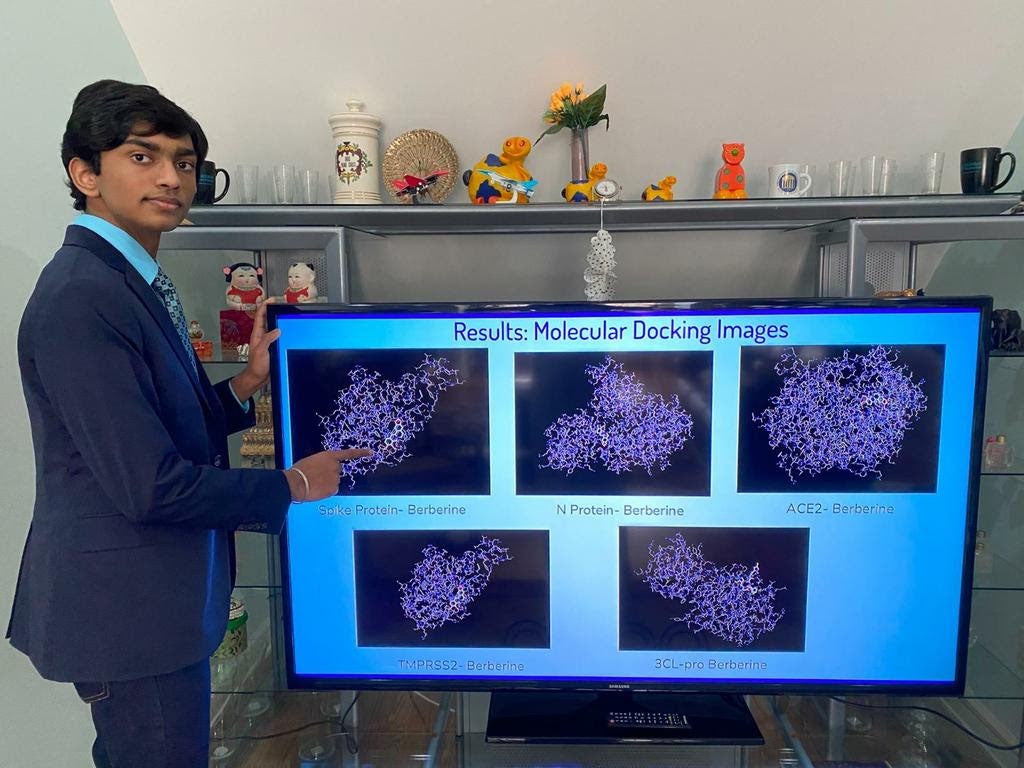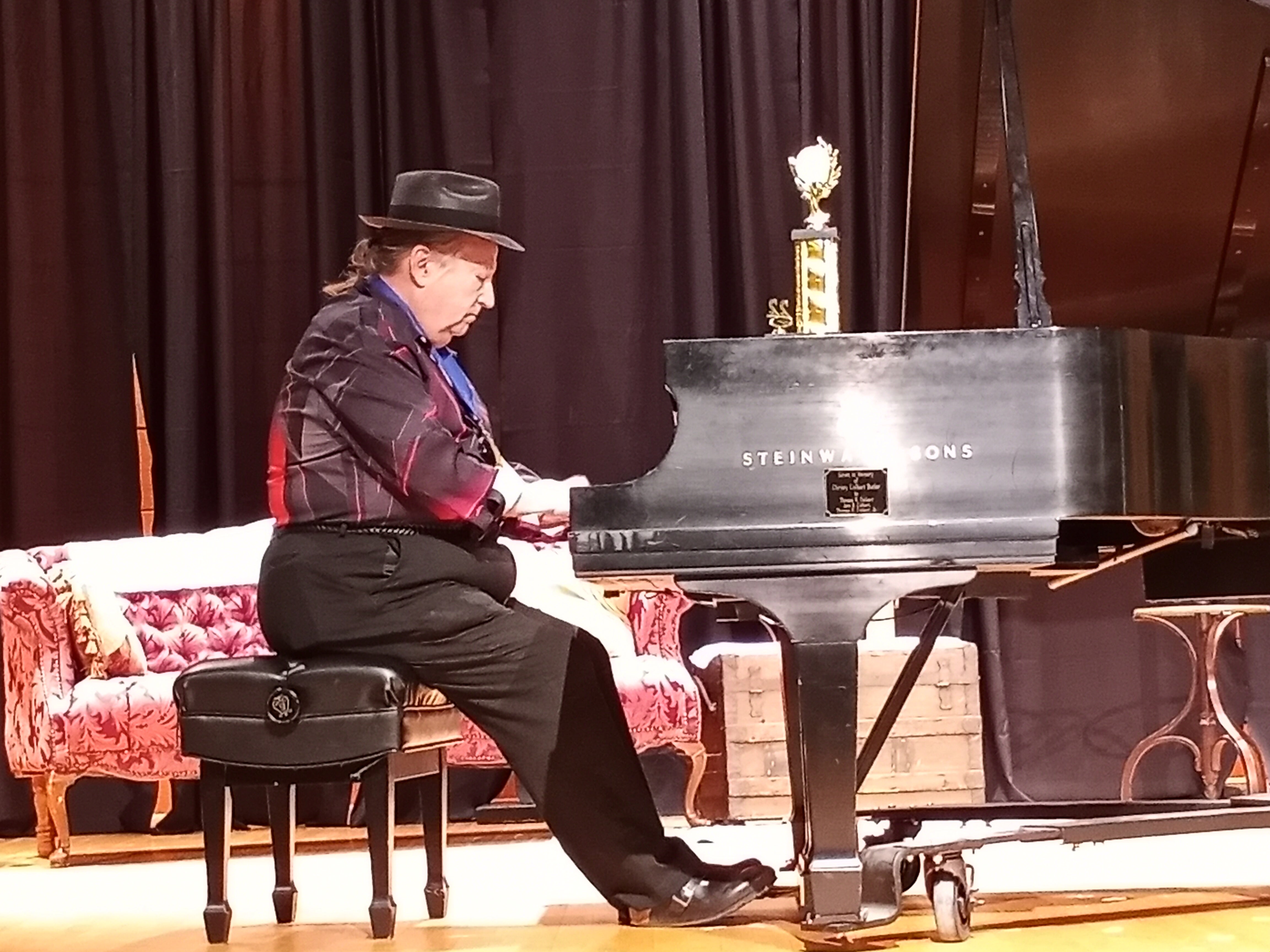Oxford High student’s COVID-19 project wins Best of Fair at MSEF Region VII science fair
Published 1:11 pm Friday, March 26, 2021

- Oxford High School sophomore Keerthin Karthikeyan stands with his science fair project titled “Potential Treatment Targets for COVID-19: A Virtual Screening.” Karthikeyan won Best of Fair at the virtual Mississippi Science and Engineering Fair (MSEF) Region VII Upper Science Fair at the University of Mississippi. He is also a finalist for the Regeneron International Science and Engineer Fair (ISEF), which takes place in May. (Courtesty of Oxford School District).
When coming up with a science fair project idea, Keerthin Karthikeyan decided to stick with the most notable science topic of the last 100-plus years: the COVID-19 pandemic.
The Oxford High School sophomore’s project, titled “Potential Treatment Targets for COVID-19: A Virtual Screening,” had a main objective of identifying potential drug targets that could aid in treating COVID-19.
Karthikeyan entered the project into the Mississippi Science and Engineering Fair (MSEF) Region VII competition, hosted by the University of Mississippi, and came away with a Best in Fair award.
The main hypothesis in Karthikeyan’s project was to show there could be other drugs and phytochemicals that possess higher efficiency in treating COVID-19 than the Food and Drug Administration-approved antiviral drug Remdesivir, which was used on President Donald Trump when he tested positive for the novel coronavirus last October.
Last November, Karthikeyan began formulating his idea and hypothesis for this project.
“During when I made this project, there was nothing effective that was helping to beat COVID-19,” Karthikeyan said. “Cases were going at an all-time high, exponentially increasing. Remdesivir failed and there was nothing to counteract it. So that’s why I, out of interest, thought, ‘What other drugs are out there that could counteract COVID-19 better?'”
So, Karthikeyan went to work on his hypothesis by using natural-based chemicals, or phytochemicals, with a virtual screening process called PyRx. The virtual screening process used phytochemical ligands, which is a molecule that bonds with a usually larger molecule.
The method virtually shows the ligand stopping the process of COVID-19 entering the human cell and replicating.
“It’s kind of like throwing a wrench into the process,” Karthikeyan said.
At the conclusion of the experiment, overall results showed several phytochemicals like Tenufolin, Baicalein and synthetic drugs like dactinomycin, irinotecan and others showed a better binding affinity and more effective docking score against several COVID-19 proteins than the Remdesivir.
Karthikeyan said he wants to further expand on his project to see how his current results and hypotheses would work against the new variant strains of COVID-19 that are now being reported around the world, and here in the United States. In Mississippi, a variant that originated in South Africa was recently reported.
“There are variants coming and we have nothing against them currently,” Karthikeyan said. “No vaccine. No treatments. Nothing. So, right now early in the process, it could be very helpful toward the medical community if we would be able to find drugs that are very efficient at attacking variants.”
On the competition side of things, Karthikeyan entered his project into the state science fair competition that was held this month and is still awaiting those results. He is also a finalist for the Regeneron International Science and Engineering Fair, which takes place in May.





